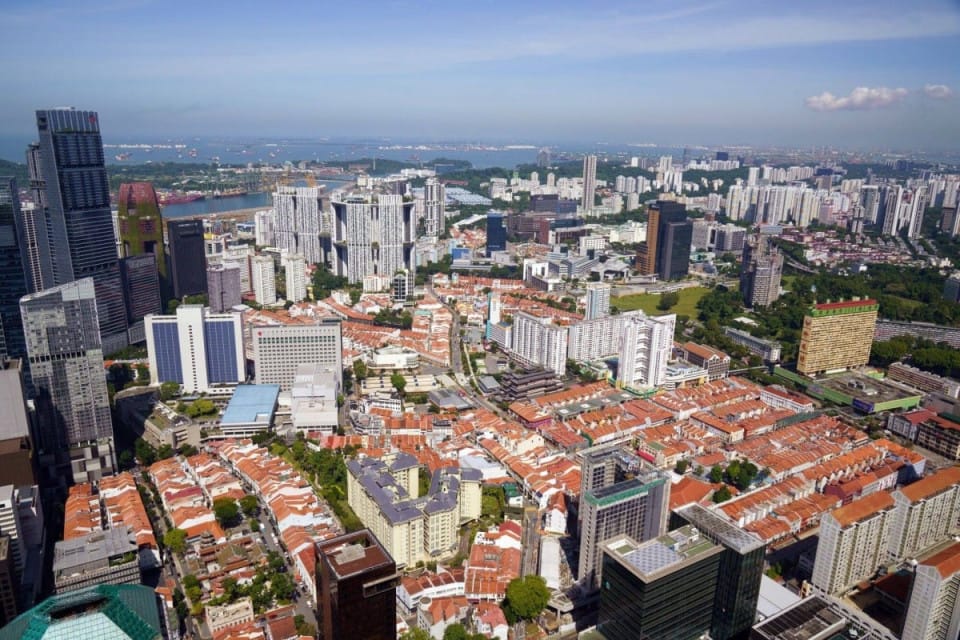Hong Kong rents rebounded from their first-quarter decline to climb 2.8 per cent in the second quarter of 2023, Knight Frank data shows. While Singapore recorded the same pace of gains, growth in the latter city’s rents was the weakest since 2021 and down from a recent peak rate of 8.6 per cent.
“The trend is poised to persist, with Hong Kong’s rental market rebound affirming its resilience as a financial hub,” said Christine Li, head of research for Asia-Pacific at Knight Frank. “Singapore’s decelerating rental market may offer relief to expatriates previously deterred by escalating rents.”
Hong Kong rents remain on average about 9 per cent more expensive than Singapore’s, according to Knight Frank data. Hong Kong has seen its strongest rental market since July 2018, said James Fisher, chief operating officer at real estate platform Spacious.hk, who expects rents to rise another 2 per cent to 3 per cent by the end of this year. Bloomberg Intelligence forecasts vacancy rates in the city’s residential units to fall by December.
“When there is not just one but several headwinds hitting the residential market, they may choose to rent,” Fisher said, alluding to the recent surge in interest rates on mortgages and the drop in sales.
SoHo led the growth with a 5.5 per cent increase from the first quarter, while Kennedy Town saw a 4.7 per cent rise. In areas such as Repulse Bay, the beachside neighbourhood favoured by wealthy families, the lift was more muted.
In Singapore, rental growth across mass-market to high-end apartments largely moderated between 1 per cent and 3 per cent last quarter, easing notably from increments of at least 9 per cent recorded in the first quarter, according to Knight Frank data.
Rents in Singapore’s prime districts, typically favoured by expatriates, have cooled. In District 9, home to the city’s upscale Orchard Road shopping strip, 800 sq ft (74 square-metre) apartments are leased for around S$4,888 (US$3,587) a month, data from OrangeTee & Tie shows. Quarter-on-quarter rental growth for such properties dropped from 8 per cent to 3 per cent over the past year.
“Rental growth has slowed down across all districts,” said Christine Sun, senior vice-president of research and analytics at OrangeTee & Tie. “Deals are taking longer to close as some level of price resistance has set in.”
Source: South China Morning Post – published by – Bloomberg























